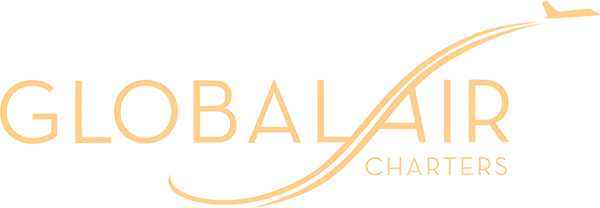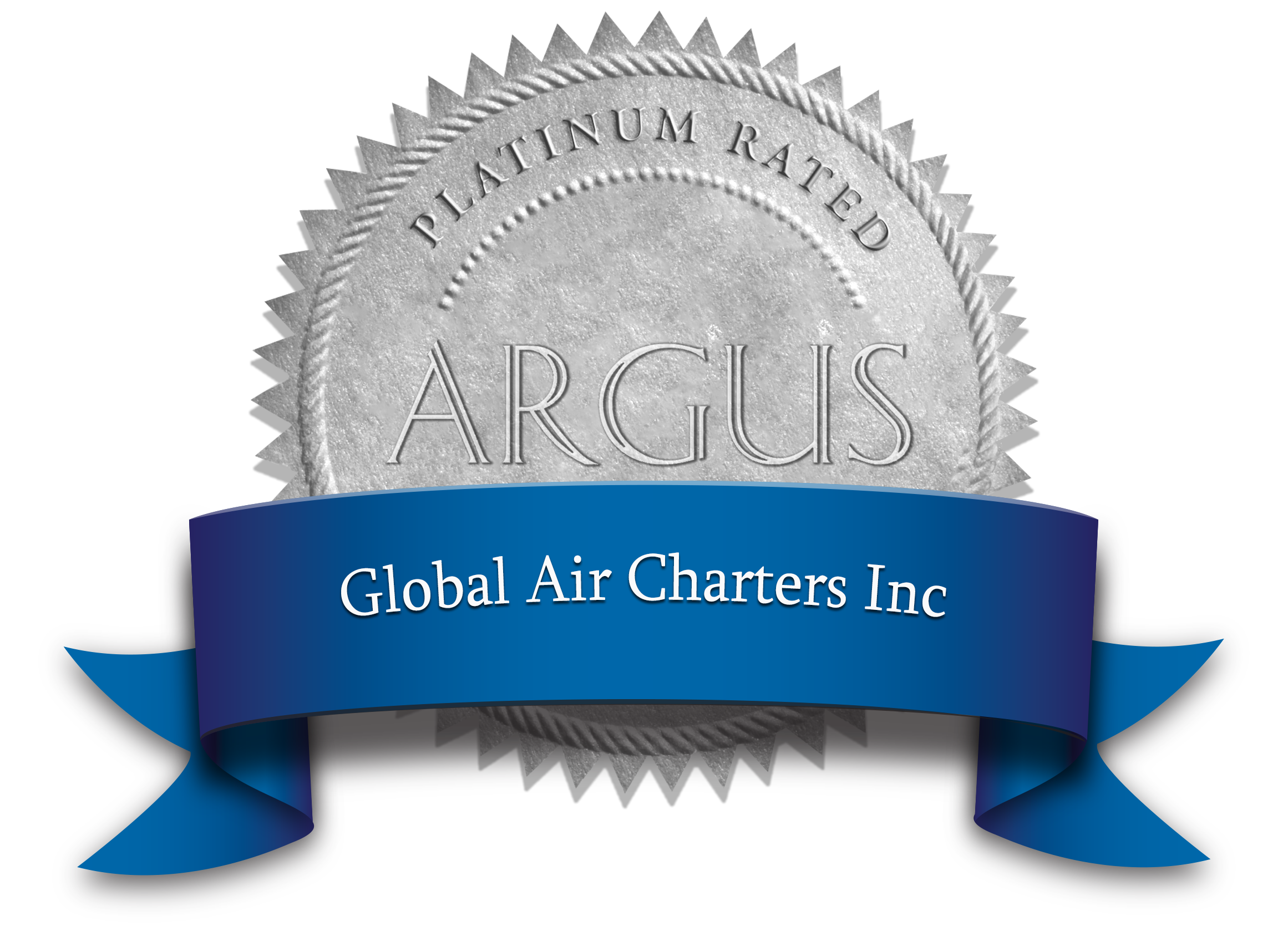Your guide to the federal codes that govern aviation in the U.S.
The Code of Federal Regulations (CFR) Title 14 articulates the basic requirements for flying in the United States. Every aviator, from a hobbyist in a twin-prop to a multinational shipping company, is bound by its rules. These regulations ensure the safety of passengers and the uniform operation of everyone who takes to the skies.
We at Global Air Charters have deep knowledge of the aviation industry. Our expertise includes aircraft acquisition and management, to worldwide on-demand charter operation, and private jet maintenance operations.
When we manage an aircraft, our team works diligently to navigate the many federal requirements on the airframe owner’s behalf. In fact, keeping a craft up to date on maintenance and compliant with regulations are two of the most common reasons our clients seek out an aircraft management firm.
Here we’d like to take a moment to distinguish between a few of the most important federal regulations that govern aircraft in the U.S. Contact us today to learn more about how our aircraft management services can help maximize the value of your asset.
Part 91: The Basics of Flight
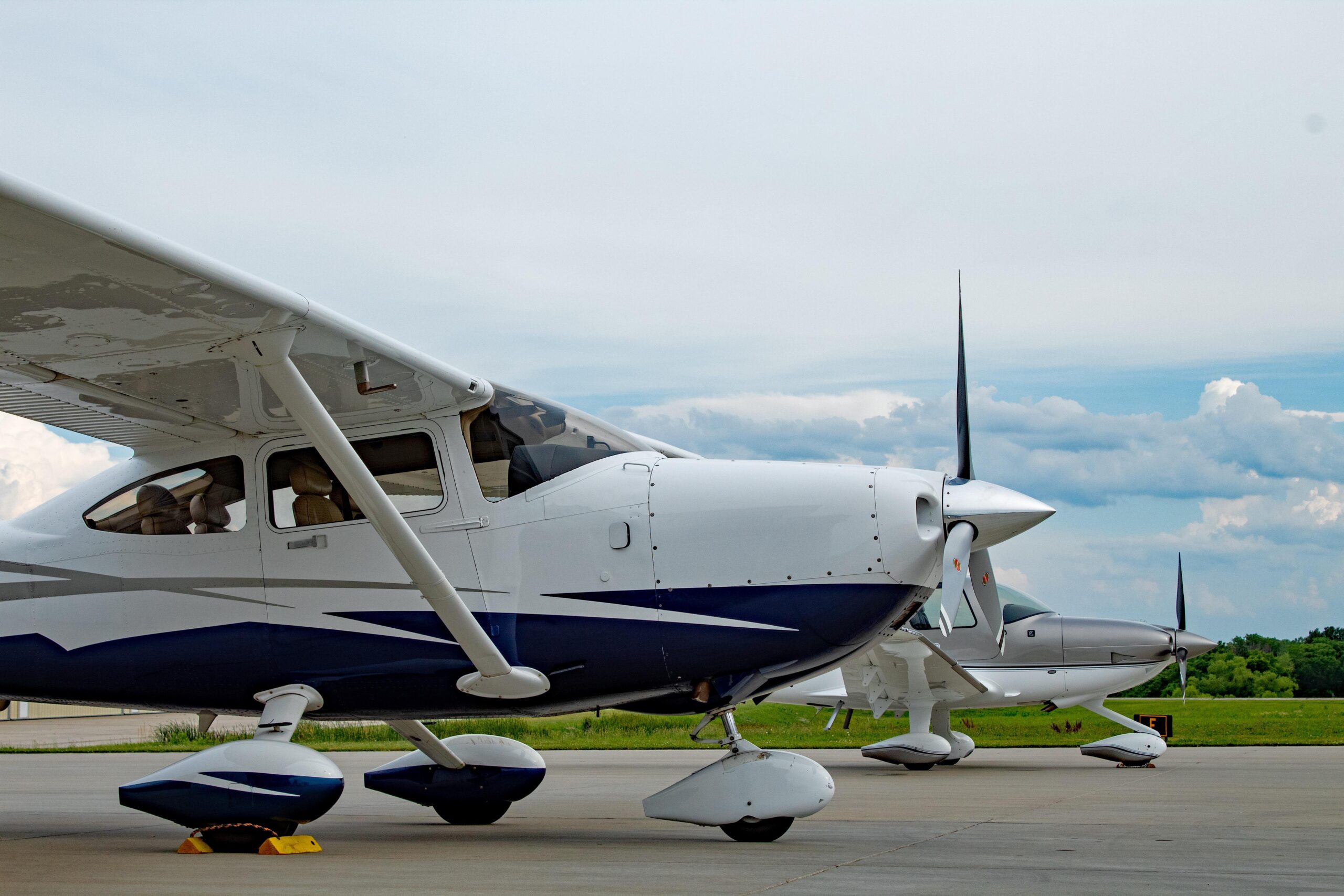 Part 91 contains the ABCs of flying in the United States. It lays out the rules of the air that apply to everyone who takes flight, including things like right-of-way and minimum safe altitudes. Part 91 also lays out procedures for pre-flight checks, maintenance routines, and equipment standards. It is the first set of regulations any pilot will learn in their training.
Part 91 contains the ABCs of flying in the United States. It lays out the rules of the air that apply to everyone who takes flight, including things like right-of-way and minimum safe altitudes. Part 91 also lays out procedures for pre-flight checks, maintenance routines, and equipment standards. It is the first set of regulations any pilot will learn in their training.
The rules contained in Part 91 are considered “non-commercial.” If you’re simply out buzzing around the countryside in a two-seater Cessna, these are the rules you must follow. Want to receive compensation for your aviation services? The FAA requires a more stringent certificate for your operation.
Part 121: Airline Operations
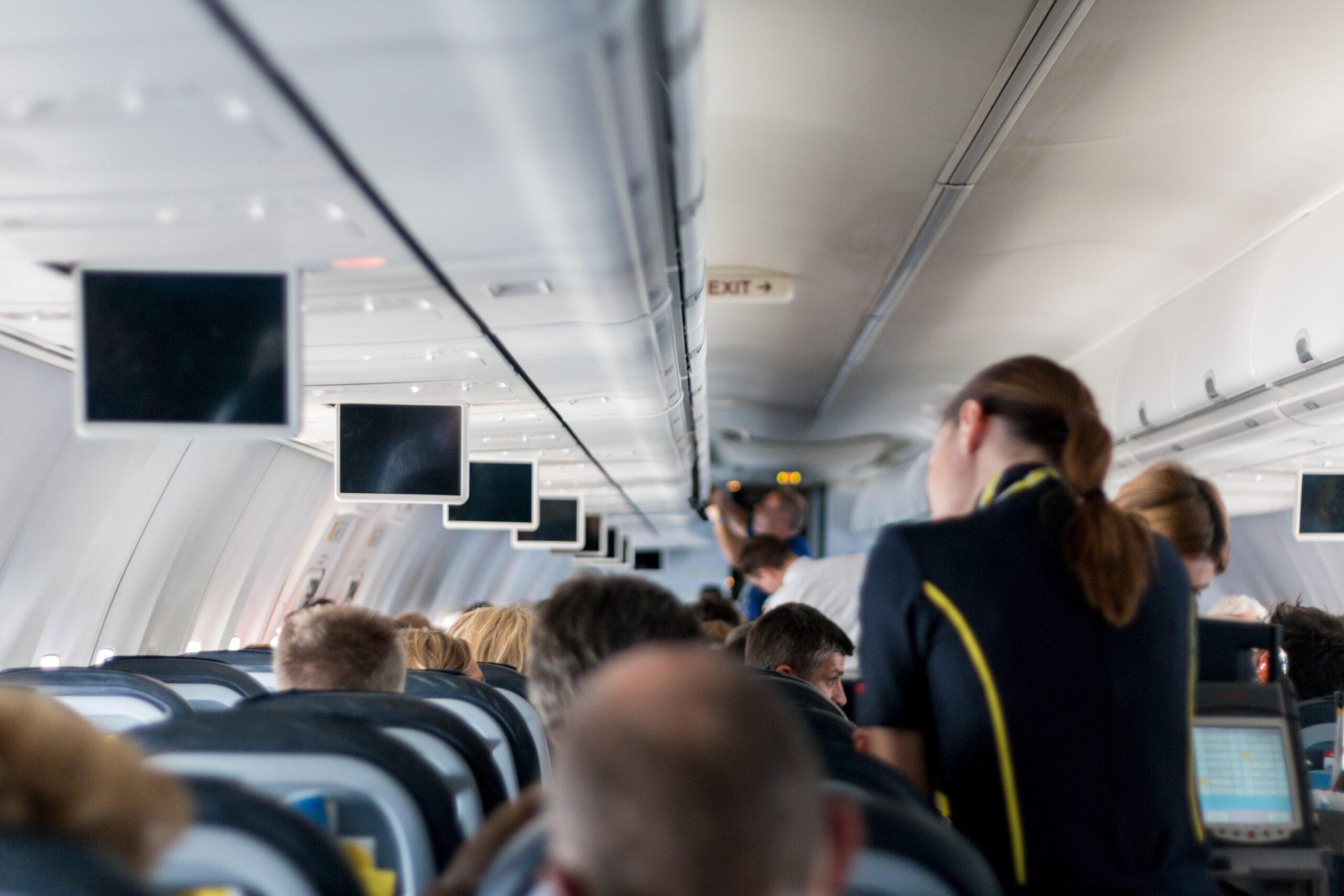 Businesses that operate regularly scheduled passenger or cargo flights must maintain a Part 121 Air Carrier Certification from the FAA. Complying with Part 121 means being able to demonstrate consistency, reliability, and adherence to a fixed schedule. Its complexity is such that only the largest airlines and cargo carriers operate under its strictures.
Businesses that operate regularly scheduled passenger or cargo flights must maintain a Part 121 Air Carrier Certification from the FAA. Complying with Part 121 means being able to demonstrate consistency, reliability, and adherence to a fixed schedule. Its complexity is such that only the largest airlines and cargo carriers operate under its strictures.
Part 121 describes the certification process, as well as more detailed regulations on the continuous operation of large aircraft. It also specifies requirements for airline crews, such as duty requirements and rest requirements, plus detailed guidance on the transportation of passengers and cargo, including precautions for hazardous material and security threats.
The regulations in Part 121 are rigorous and demanding, as befits such a massive and complex industry. Its safety protocols are the most comprehensive in the industry, given the high passenger volume.
Part 135: On-Demand Operations
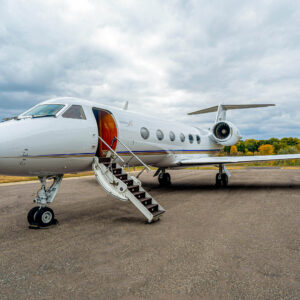 Global Air Charters operates on a 14 CFR Part 135 Air Carrier and Operator Certification. This part of the federal code covers the operation of smaller commuter and on-demand aviation services, like air taxis, private charters, medical air transport, and other non-scheduled flights.
Global Air Charters operates on a 14 CFR Part 135 Air Carrier and Operator Certification. This part of the federal code covers the operation of smaller commuter and on-demand aviation services, like air taxis, private charters, medical air transport, and other non-scheduled flights.
All of the same sets of requirements on operations, crews, and safety that are covered in Part 121 are included here, though slightly tailored to the operation of smaller aircraft.
Part 135 is less stringent than Part 121 in some areas, reflecting the smaller scale and variable nature of the on-demand aviation business. Smaller aircraft have different maintenance and safety standards and pilot qualifications are different as well, with specific training focused on operational flexibility.
Part 135 & The Rules of Flight
Global Air Charters has an expert team ready to help jet owners navigate the red tape and regulations that come with airframe ownership. Contact us today to learn more about getting your airframe on certificate.

